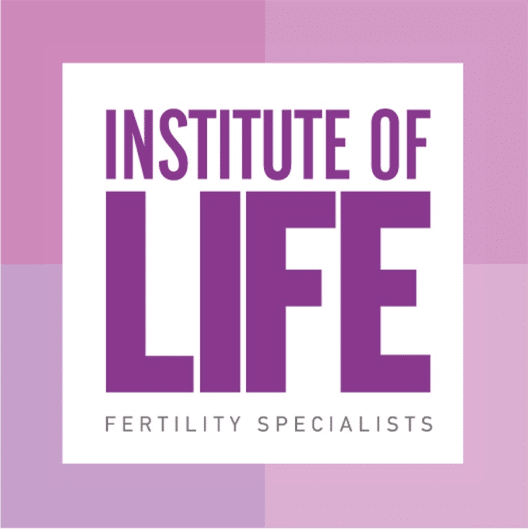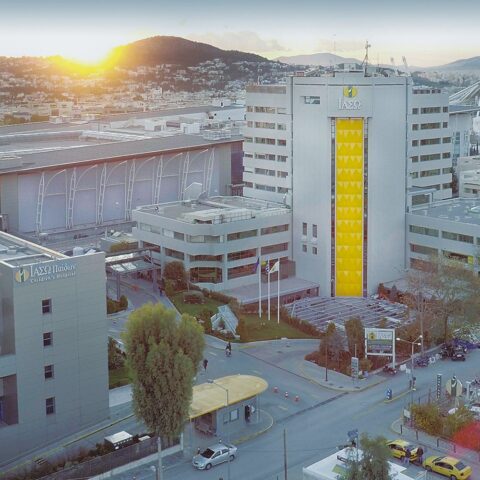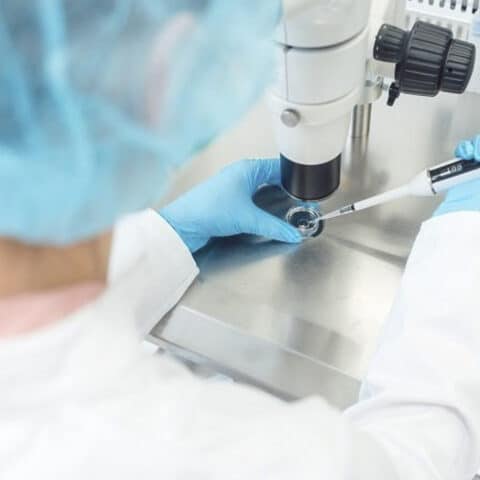MST Research
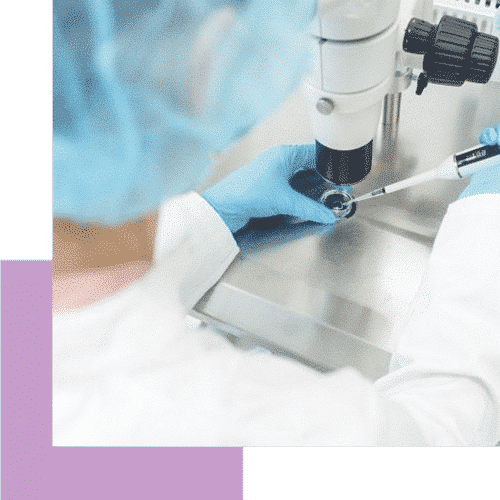
Maternal Spindle Transfer (MST) involves mitochondrial replacement in human oocytes (eggs), fully preserving the genetic material of the woman who wants to reproduce
The maternal spindle transfer pilot trial involves mitochondrial replacement in human oocytes (eggs), fully preserving the genetic material of the woman who wants to reproduce. In this way, in the context of the pilot trial being carried out by the Institute of Life and Embryotools, the scientific team is researching the potential of addressing the problems of women with fertility issues and multiple IVF failures caused by cytoplasmic dysfunctions of their oocytes, and the potential of addressing serious mitochondrial diseases. The clinical study is conducted at the IASO Hospital Institute of Life Lab, licensed and supervised by the Greek National Authority of Assisted Reproduction.
The Maternal Spindle Transfer clinical study commenced in 2015, in partnership with Embryotools, and consisted of 3 phases:
Phase 1 was the preclinical trial on murinae. This preclinical trial was awarded by the American Society for Reproductive Medicine (ASRM).
Phase 2 involved the preclinical trial on human oocytes.
Phase 3, which was the final stage of the clinical study, involved a pilot clinical trial leading to pregnancy.
As part of this pilot trial, five healthy babies have been born by women who had experienced multiple failed IVF attempts. The babies are monitored based on a special pediatric protocol and are all in excellent health.
In January 2020, the Institute of Life scientific team received an award from the Athens Chamber of Commerce and Industry (ACCI). Specifically, the scientific team received the Research, Innovation & Technological Advancement Award for its Maternal Spindle Transfer clinical study.
Important Note:
Births of children using the maternal spindle transfer method are performed in the context of an ongoing research protocol concerning a pilot trial that leads to pregnancy, which is conducted in accordance with the terms and conditions of Law 3305/2005. Based on current scientific findings, the maternal spindle transfer method is not an established infertility treatment, nor a recognized method of medically assisted reproduction.
ACCI Awards

Maternal Spindle Transfer (MST)
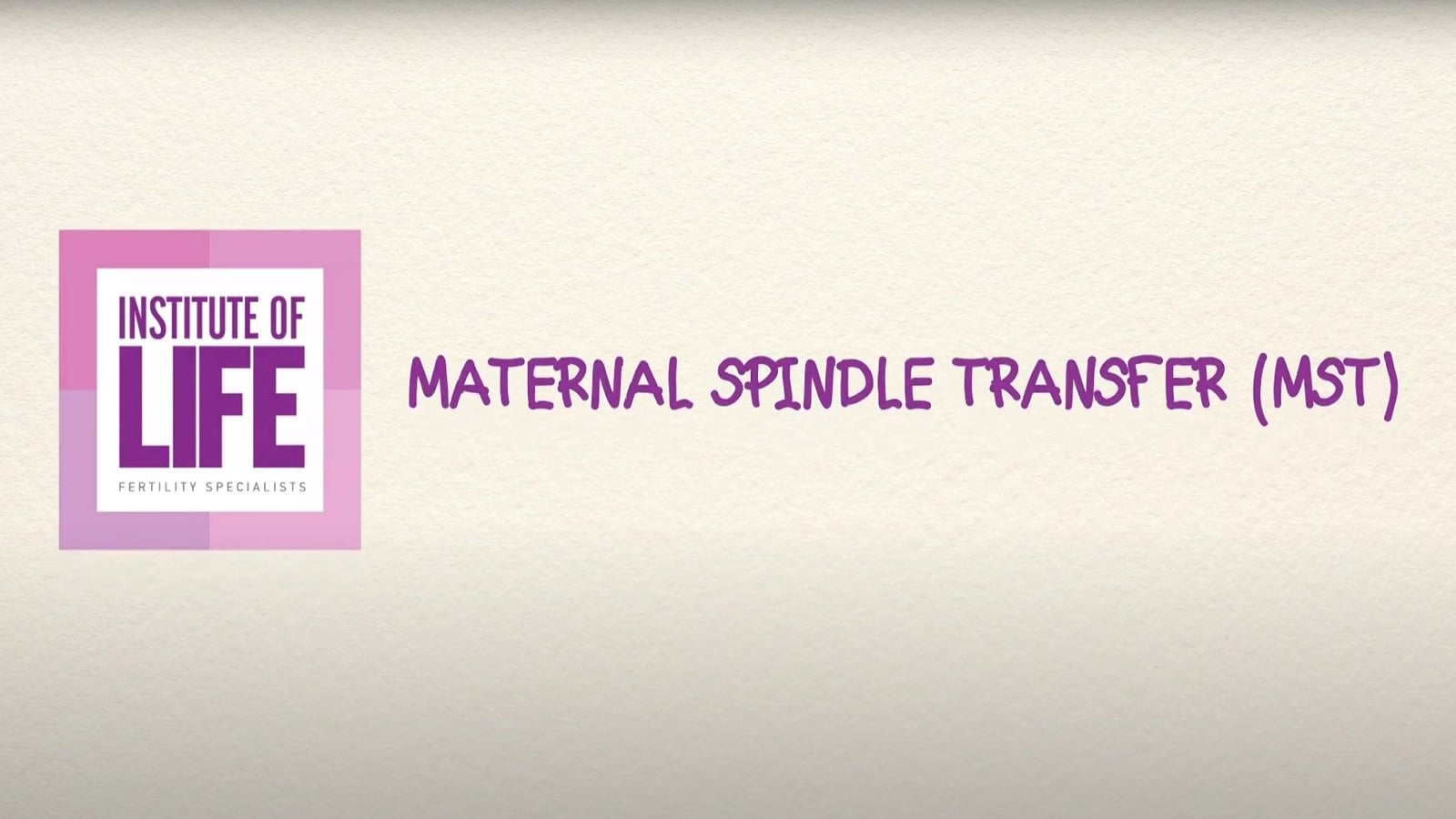
Relevant Topics
-
Operating License
Operating License The Institute of Life has been licensed by the Greek National Authority of Assisted Reproduction. The IASO...
-
Absolute safety
Absolute safety The Institute of Life is one of the largest and most advanced assisted reproduction centers in Europe....
-
Leading certifications
Leading certifications Thanks to its state-of-the art facilities, equipped with cutting-edge technology, it is a model unit that has...
-
MST Research
MST Research Maternal Spindle Transfer (MST) involves mitochondrial replacement in human oocytes (eggs), fully preserving the genetic material of...

